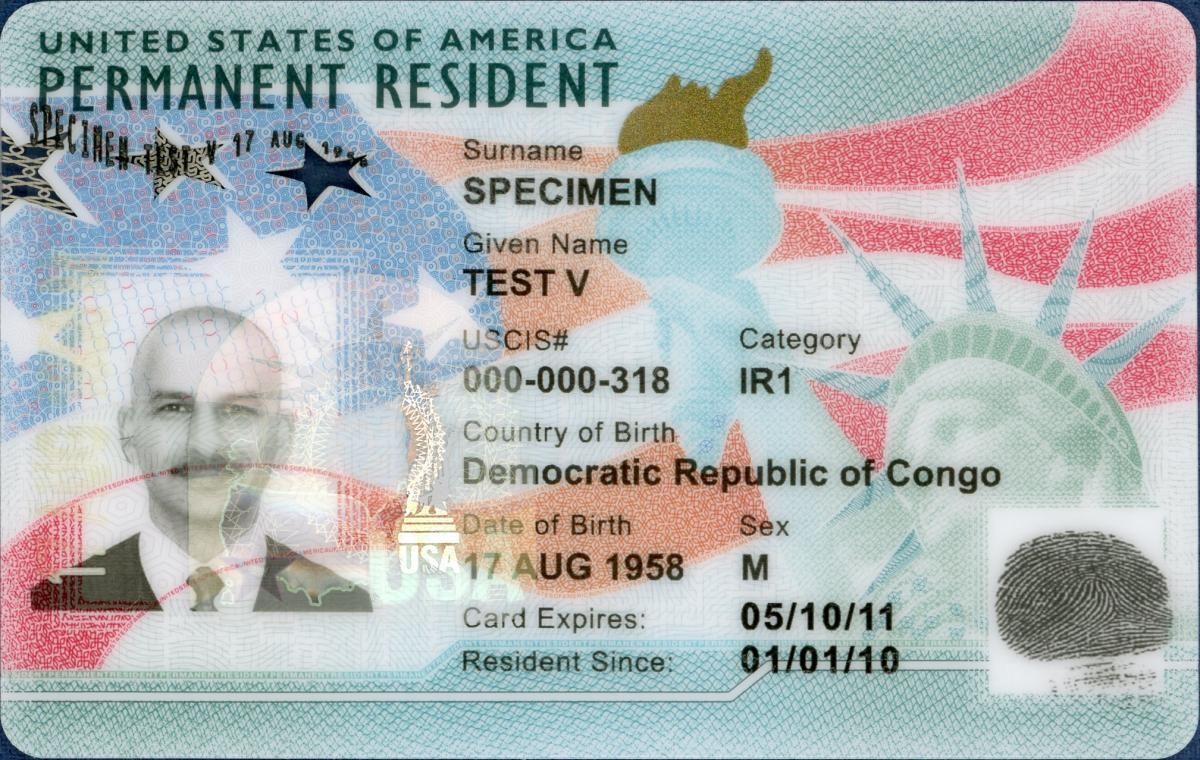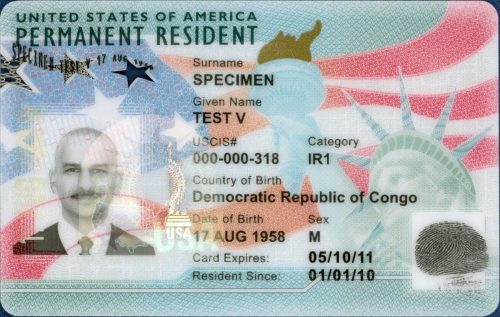
Proposal by presidential panel may help over 700,000 Indians stuck in a decades long green card backlog
Over 700,000 Indians stuck in a decades long green card backlog may have reason to cheer if President Joe Biden accepts a proposal to process all US green card applications within six months.
A US presidential advisory commission unanimously voted to make this recommendation to Biden on a proposal by Indian-American community leader Ajay Jain Bhutoria.
Bhutoria made the proposal during a meeting of the 25-member President’s Advisory Commission on Asian Americans, Native Hawaiians, and Pacific Islanders( PACAANHPI) in Washington last week. The meeting was webcast live.
Read: Bill to reduce massive green card backlog introduced in Congress (April 11, 2022)
The employment based green card backlog for skilled Indians had reached a staggering 719,000 in Sep 2021, with an expected wait time of 90 years, according to a recent study by Washington think tank Cato Institute,
The commission’s proposal being sent to the White House for approval suggests a review by US Citizenship and Immigration Services (USCIS) of their processes, systems and policies to reduce, pending green card backlog.
The commission also recommended that USCIS establish new internal cycle time goals by streamlining processes, removing redundant steps if any, automating any manual approvals, improving their internal dashboards and reporting system and enhancing policies.
The recommendations aim to reduce the cycle time for processing all forms related to family based green card application, DACA renewals, all other green card applications within six months and issue adjudicate decisions within six months of application received by it.
The commission recommended National Visa Center (NVC) State Department facility to hire additional officers to increase their capacity to process green card applications interviews by 100 per cent in three months from August 2022, and to increase Green card applications visa interviews and adjudicate decisions by 150 per cent – up from capacity of 32,439 in April 2022 – by April 2023.
“Thereafter Green Card visa interviews and visa processing timeline should be a maximum of six months,” it said.
Read: Bill to reduce massive green card backlog introduced in Congress (April 11, 2022)
Aimed at making it easier for the immigrants to stay and work in the US, the commission recommended that USCIS should review requests for work permits, travel documents and temporary status extensions or changes within three months and adjudicate decisions.
The commission also recommended that USCIS expand premium processing to additional employment-based green card applications, all work permit petitions, and temporary immigration status extension requests, allowing applicants to pay $2,500 to have their cases adjudicated within 45 days in a phased approach.
Only 65,452 family preference green cards were issued in fiscal 2021 out of the annual 226,000 green cards available, leaving hundreds of thousands of green cards unused (with many likely to be permanently wasted in the future), and keeping many more families needlessly separated.
There were 421,358 pending interviews in April compared to 436,700 in March, according to a policy paper by Bhutoria. While the US population has grown substantially in recent decades, the immigration system has not changed to keep pace, he noted.
The annual levels of immigration were established in the early 1990s and have remained largely unchanged since, Bhutoria said.
To make matters worse, the method used to calculate the annual number of employment-and-family-based immigration is deeply flawed, and has led to family-based immigration levels being set at their absolute minimum every year for the past 20 years,
Hundreds of thousands of green cards for family members go waste, never used by any individuals, when they could be used to reunite families instead, Bhutoria noted.
Read: Process all green card applications within six months, US presidential advisory panel recommends (May 17, 2022)
“The extraordinary wait time for a green card to be available causes significant hardship for American families forced to wait decades to reunite with their loved ones, even though those individuals are already qualified to immigrate right now,” he wrote.
“Family separation takes a terrible emotional toll on families, and it imposes clear logistical, economic, and emotional hardships on families, and the growing nature of the backlogs makes the process uncertain and future planning impossible,” Bhutoria stated.



